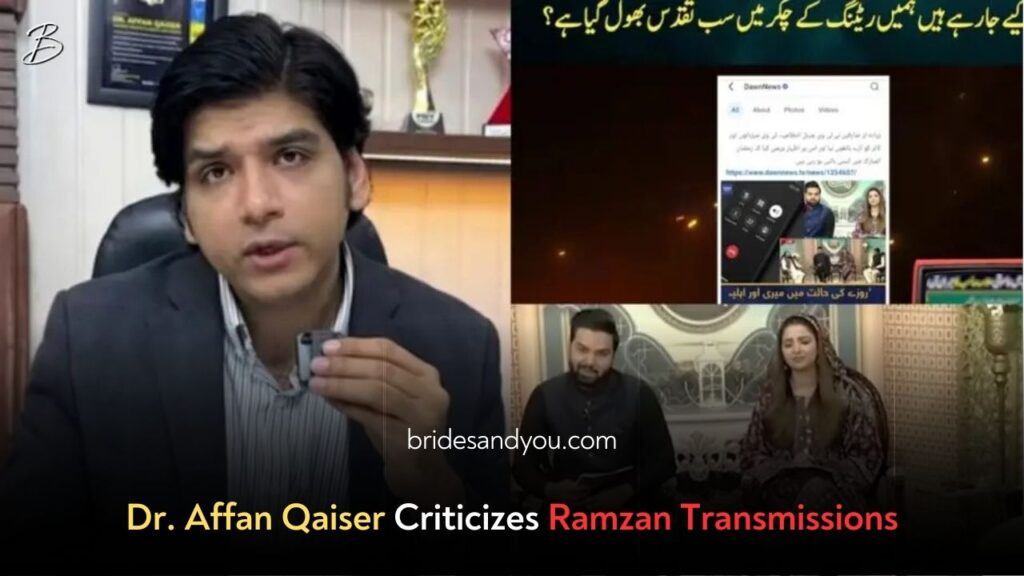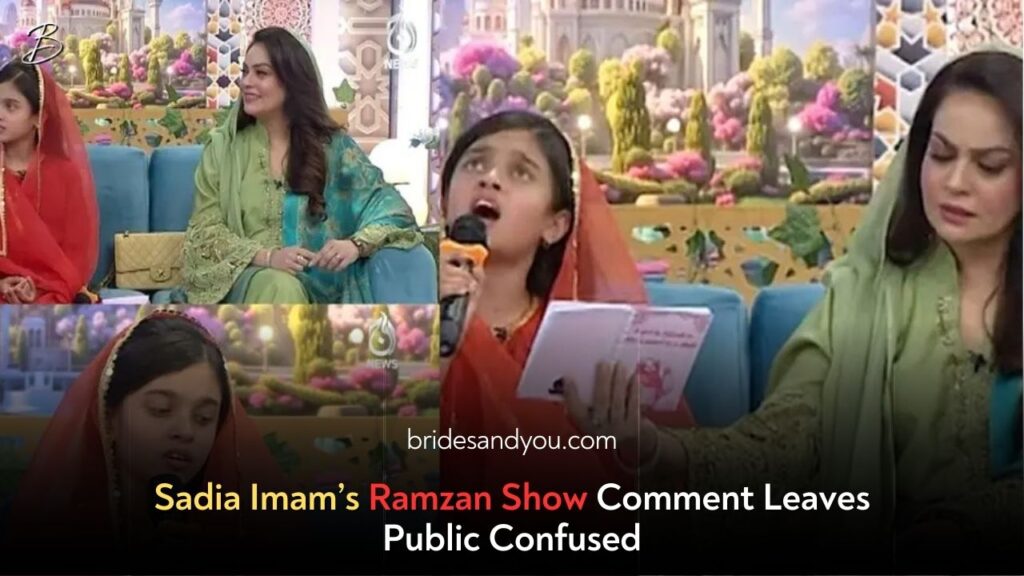Now Reading: Khaled Anam Criticizes Noha Khuwans for Commercializing Muharram
-
01
Khaled Anam Criticizes Noha Khuwans for Commercializing Muharram
Khaled Anam Criticizes Noha Khuwans for Commercializing Muharram

Khaled Anam, a seasoned Pakistani actor and former singer with a career spanning more than two decades, recently sparked an important conversation on the meaning and respect for Muharram. Known for his stellar performances in dramas like Burns Road Ki Romeo Juliet, Ishqiya, and Apne Hi Tou Hain, Khaled Anam has also received critical acclaim for his role in Gentleman. He is not just a notable face on screen but also a voice of reason in times where cultural and religious values are often put under the spotlight.
In a recent appearance on the podcast Off The School, Anam openly criticized how Muharram, one of the most sacred months for Muslims—especially the Shia community—is increasingly being treated like a performance rather than a time of mourning and reflection. As a follower of the Ahl e Tashie sect, his words carried not just personal sentiment but also religious insight.
A Powerful Statement on the Essence of Muharram
During the podcast, Khaled Anam questioned the current practices around Muharram processions and Noha recitations. He stated, “What are we doing during Muharram? Noha is being played at full volume, and you are acting and giving expressions. Boys are sitting, eating gutka and tobacco, pretending to grieve—as if it’s some kind of performance.”
He emphasized that while there may be no music in these Noha recitations, the theatrical presentation and exaggerated rhythm turn them into entertainment rather than acts of mourning. Anam asked an important question: “Why are we turning Muharram into a festival? Just so people can point fingers and say, ‘This is what Shias are like?'”
He urged Noha Khuwans to focus on the real purpose of Noha—to convey the message of Karbala, to mourn the tragedy, and to inspire reflection. “Try to feel it. Take the message you’re supposed to be delivering through Noha. Listen to it carefully,” he said.
Public Reactions: A Divided Audience
As with most strong opinions, the public response was divided. A significant number of social media users applauded his courage and agreed with his sentiments. One user remarked, “Religion is a full-fledged business all over the world. The more Masala you add, the more profit you make.” Another shared, “That’s the kind of message we need to hear more often. It’s so important to remember the true meaning of Karbala and Ashura.”
Some users pointed out the commercialization of religious practices, stating that the spiritual core of Muharram is being overshadowed by performative rituals and stylized content.
However, not everyone supported his perspective. Critics argued that Khaled Anam, being an actor himself, should not judge others. One wrote, “Criticizing others is the easiest thing in the world. If every person corrects themselves, society will improve.” Another comment said, “Now these actors will teach us about Islamic months.”
The Core Message: Reflection Over Rituals
While opinions may differ, Khaled Anam’s message struck a chord with many—prompting people to pause and reconsider how we observe Muharram today. His core plea is simple yet powerful: bring back the sincerity, the mourning, and the purpose behind the Noha.
In a world where social media trends and visual performance often take precedence over genuine emotion, it is vital to remember that the story of Karbala is not one of entertainment—it’s a story of sacrifice, pain, and unshakeable faith. Muharram should remain a time of solemnity, reflection, and deep spiritual connection.












